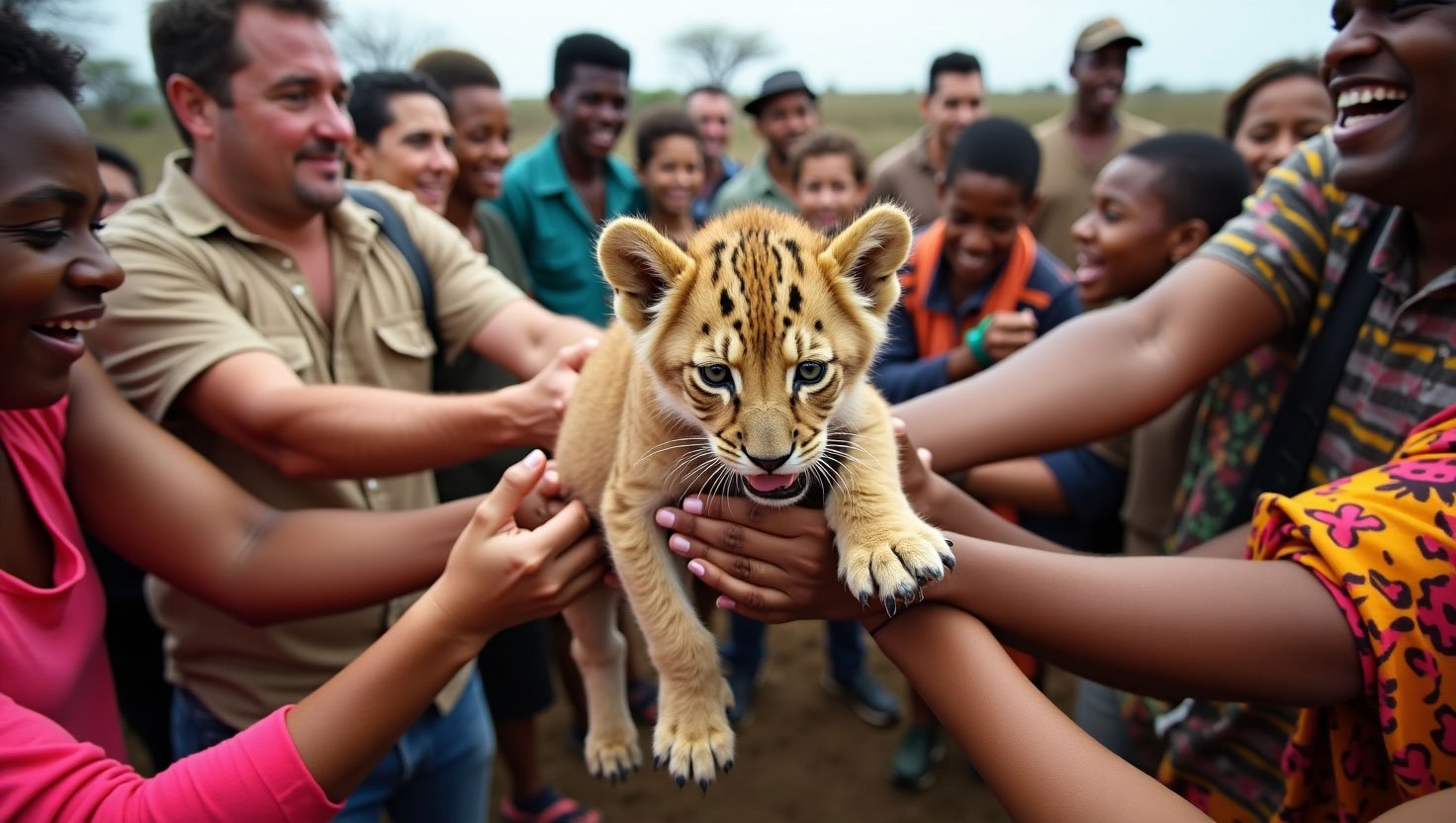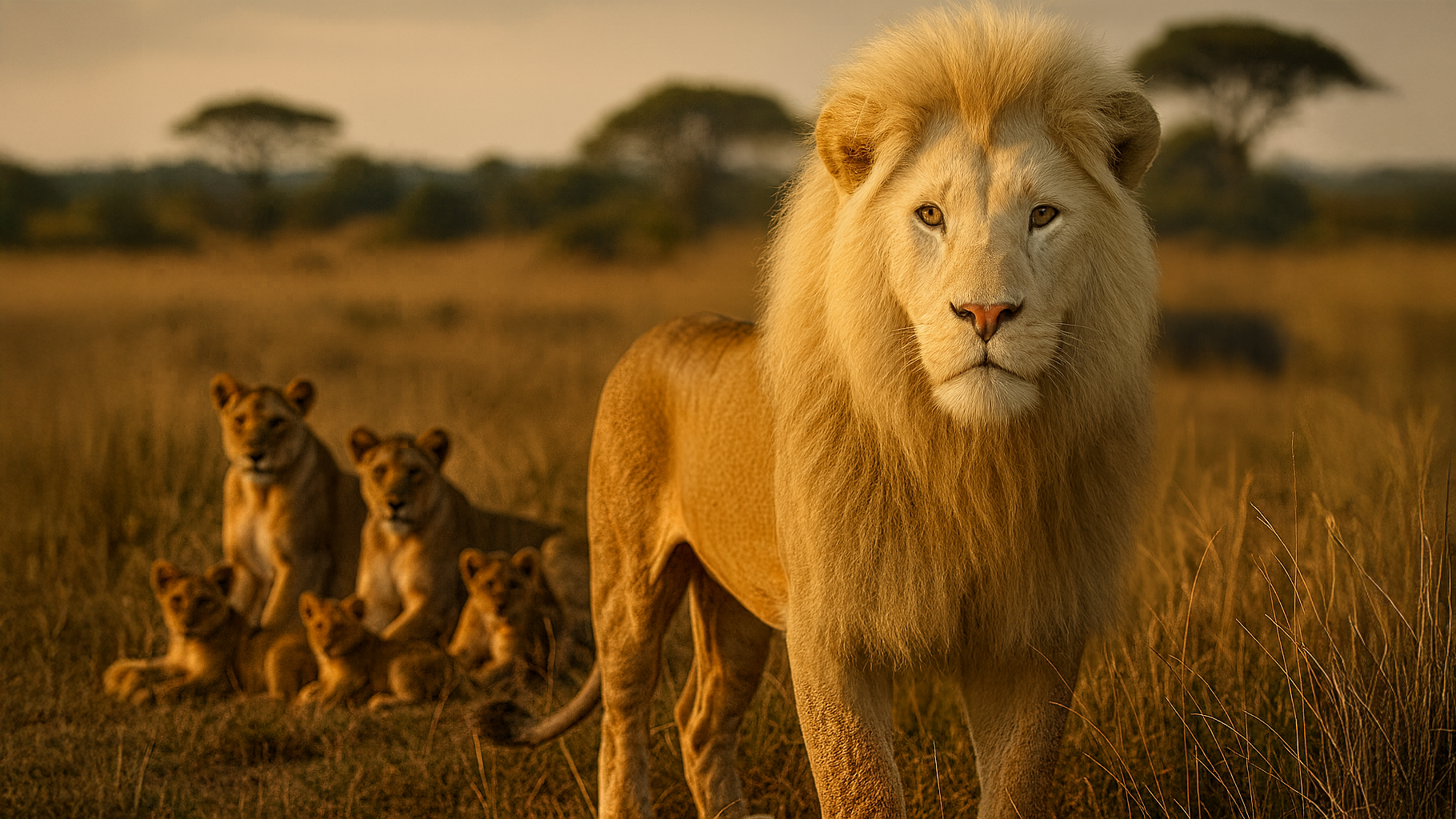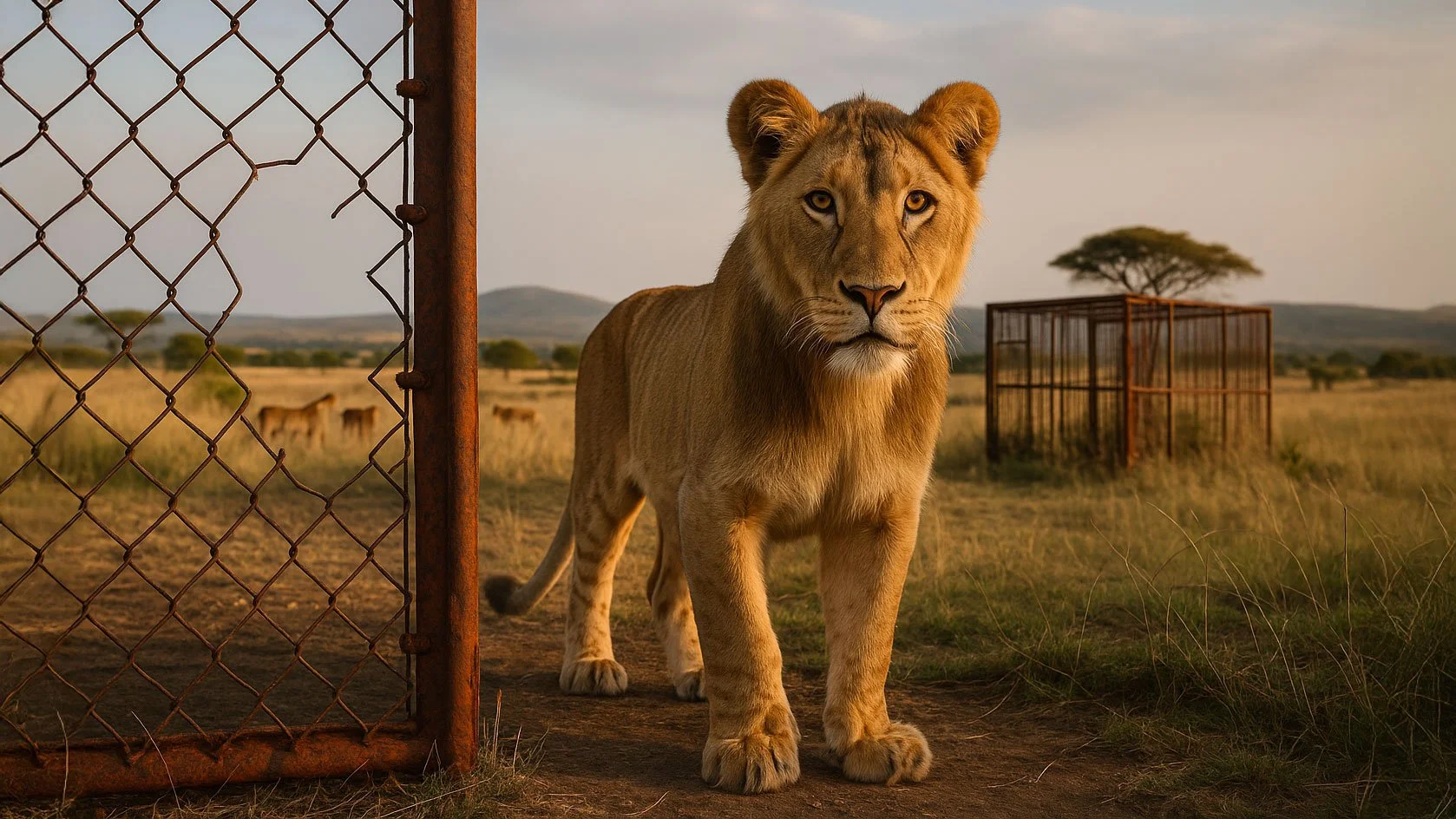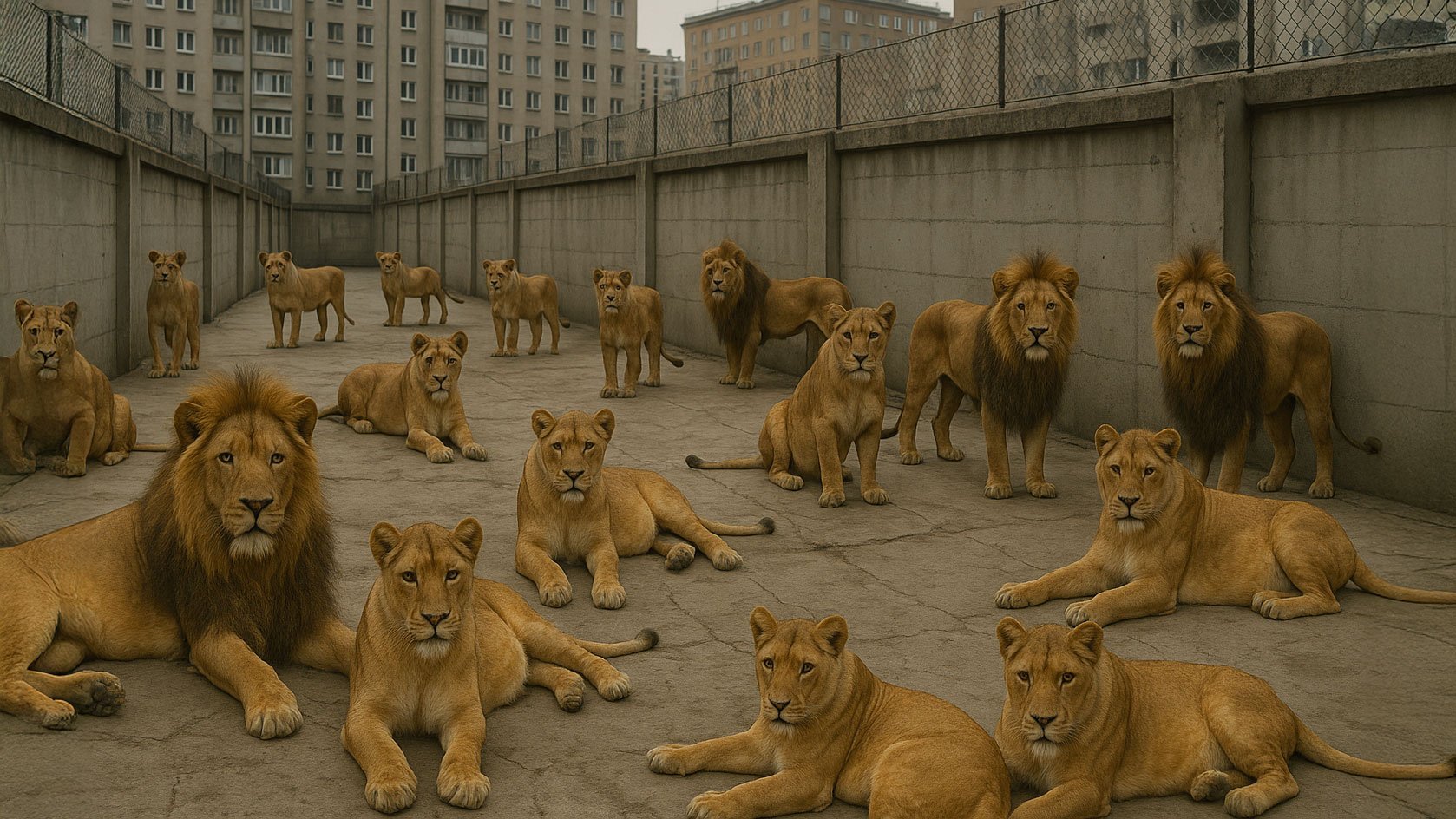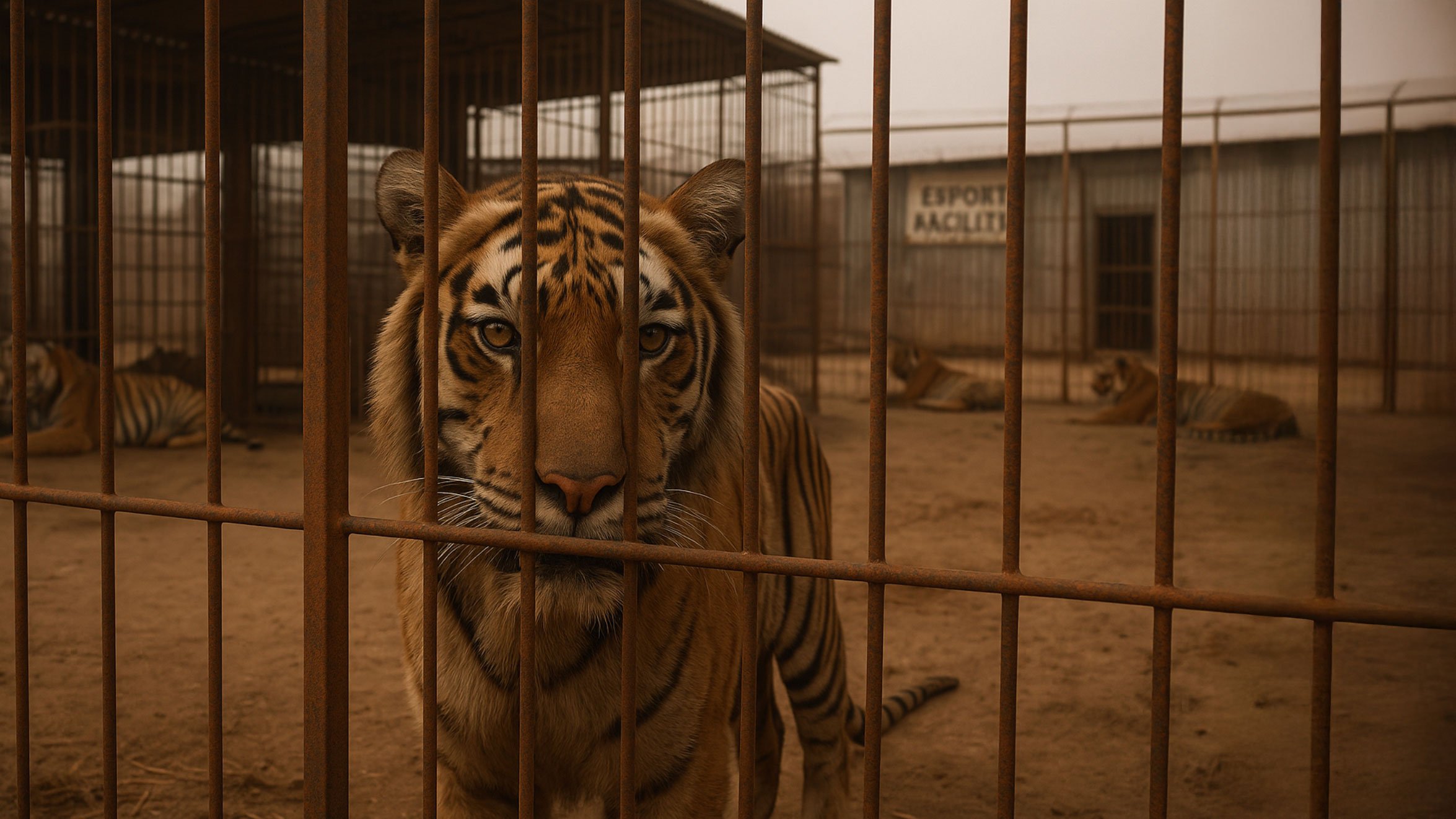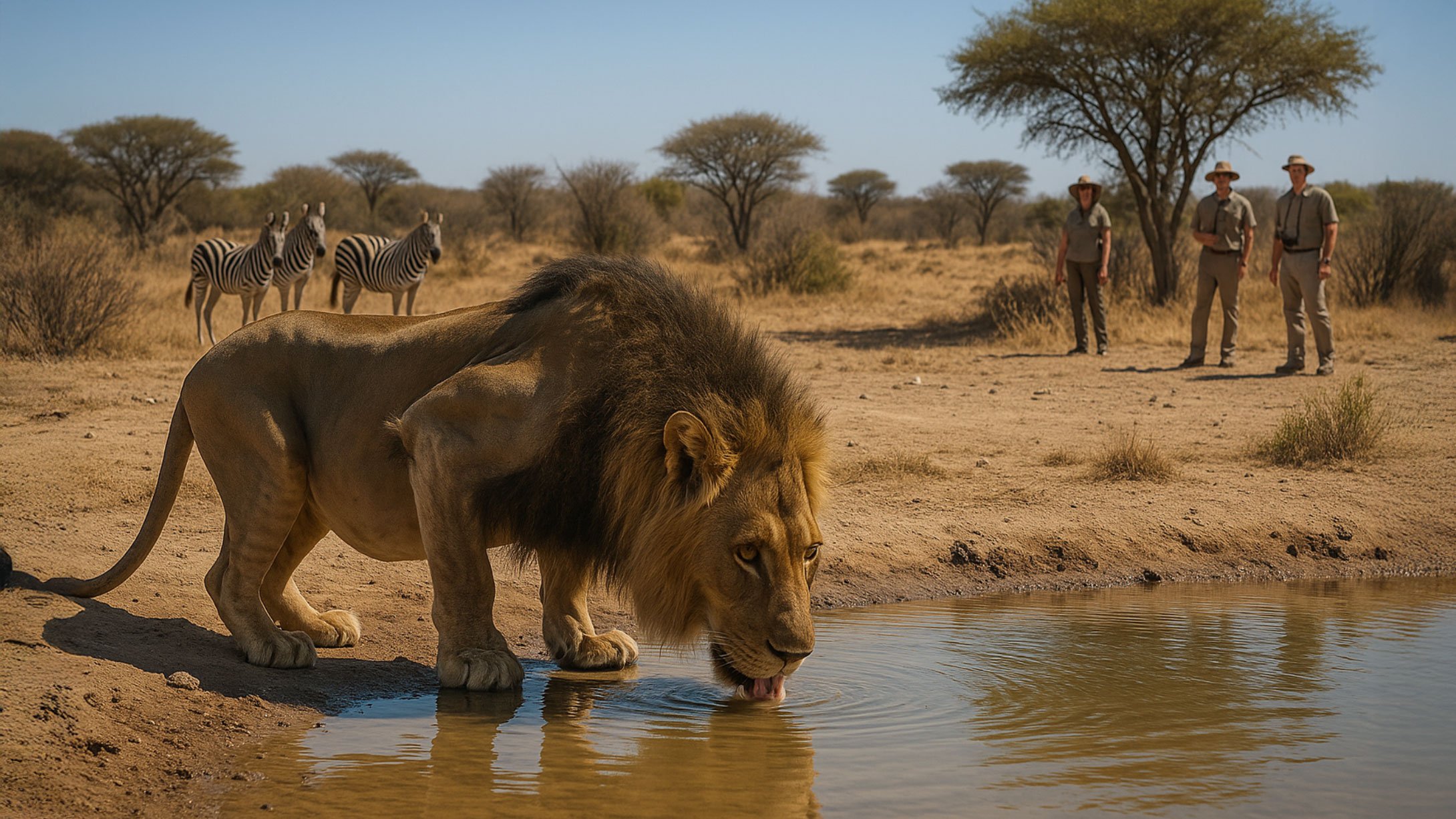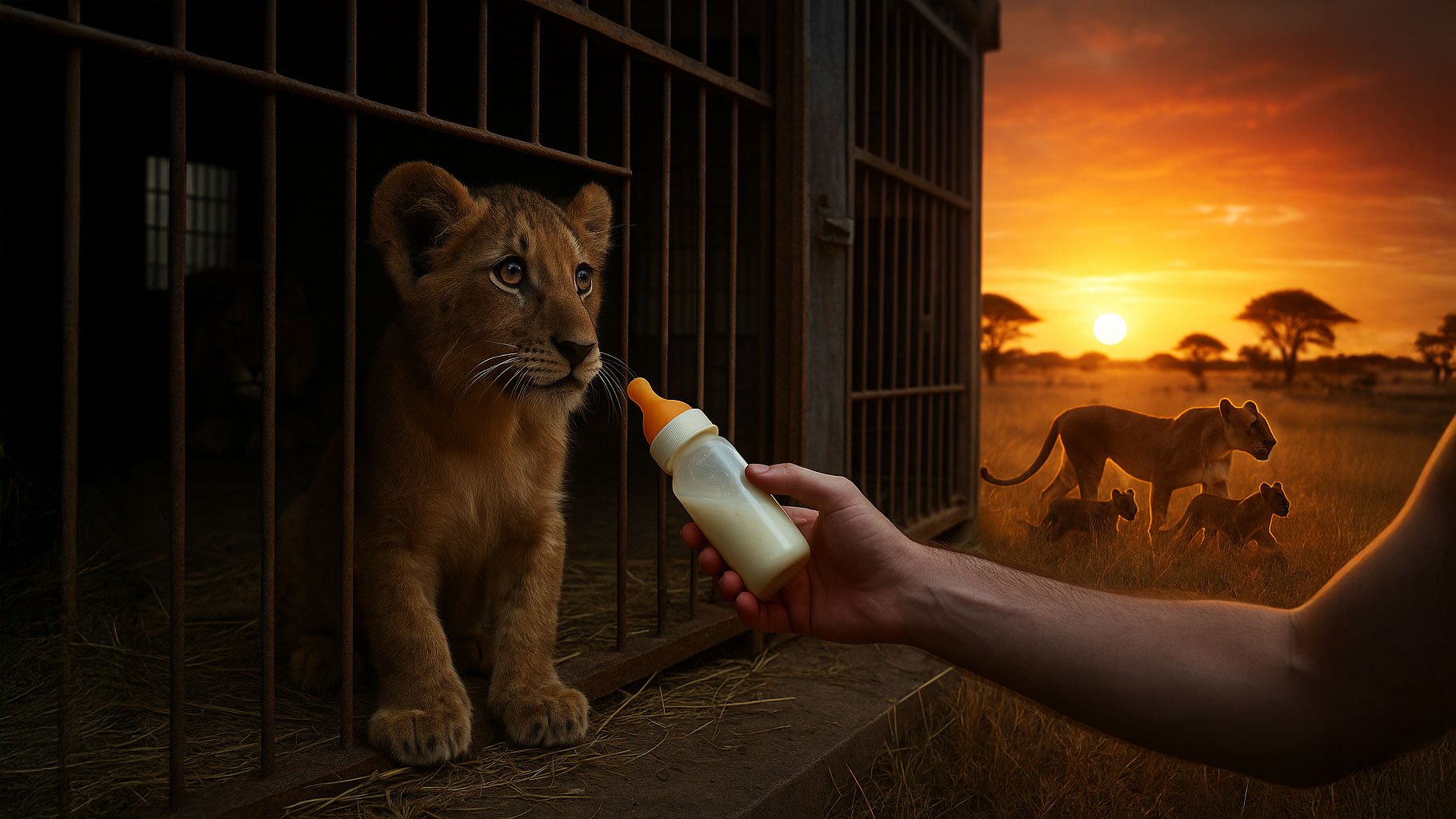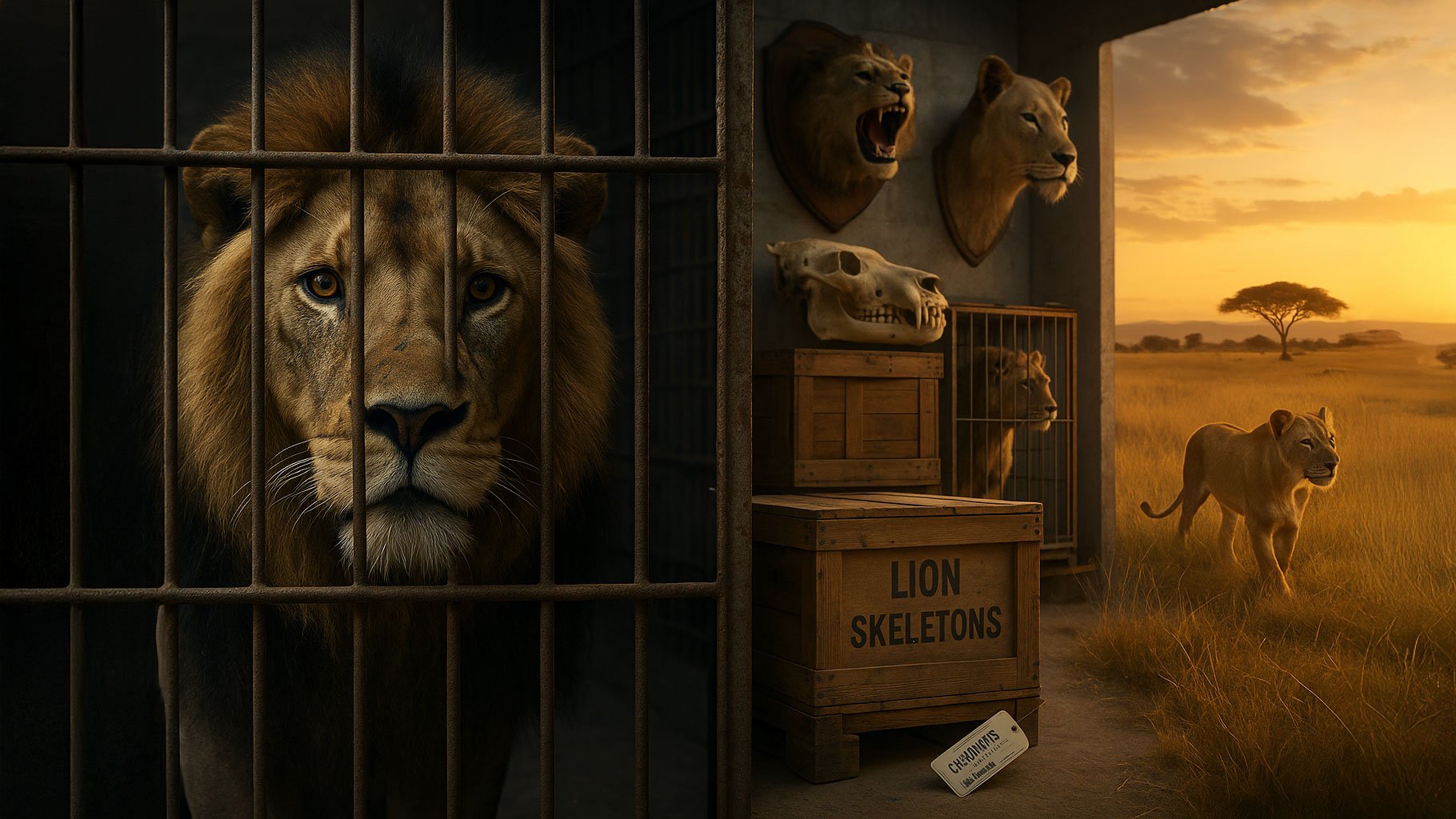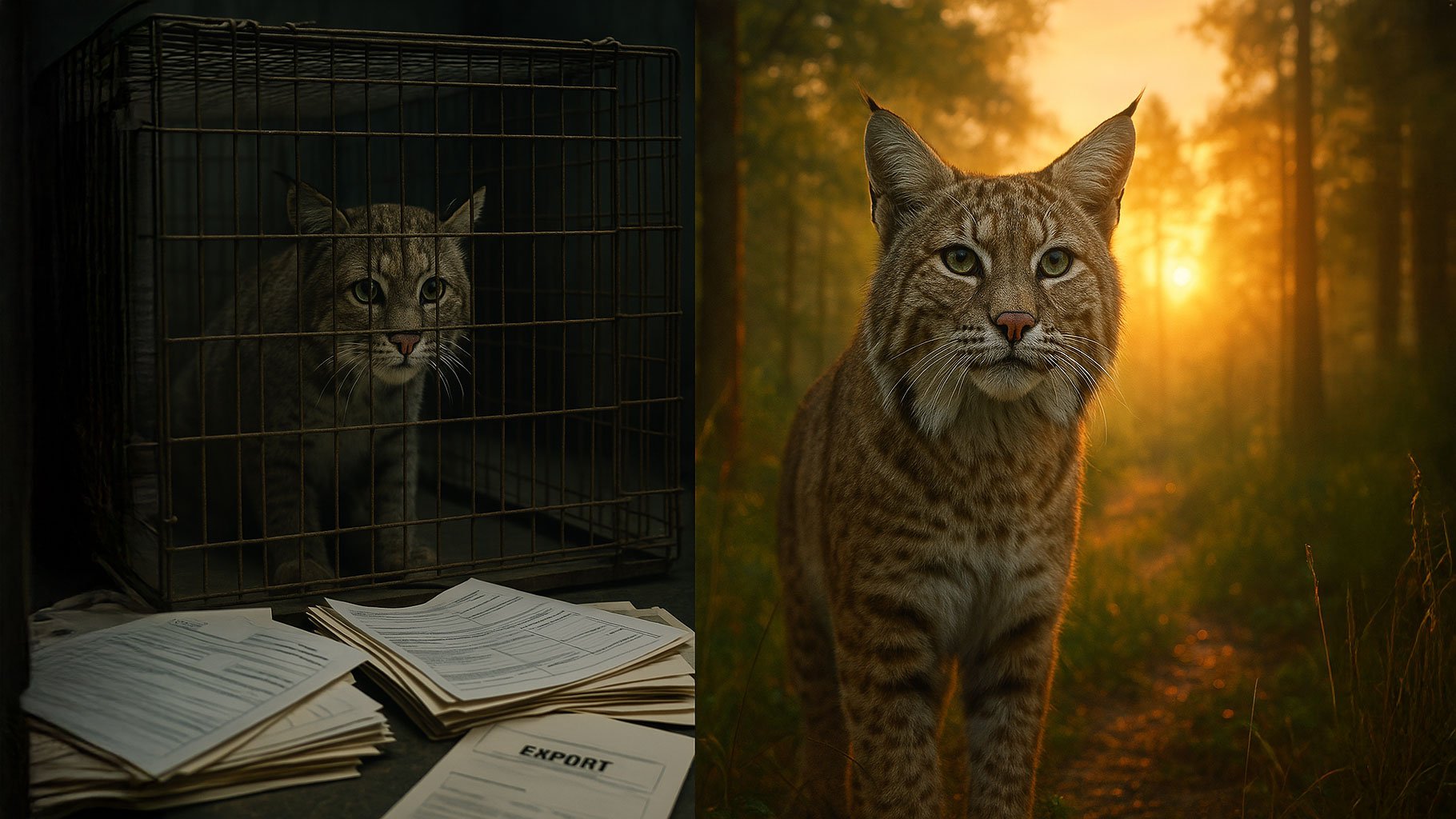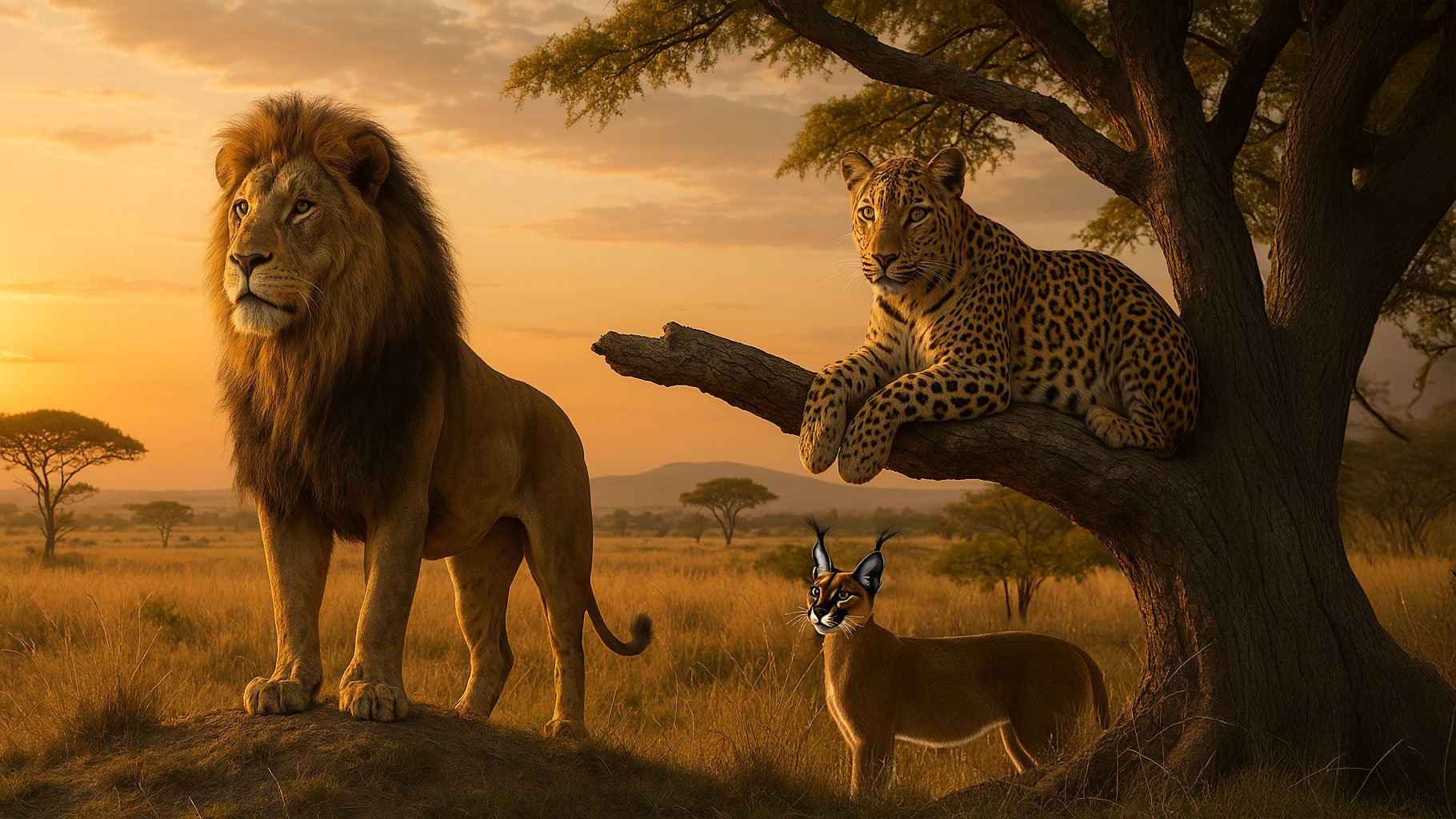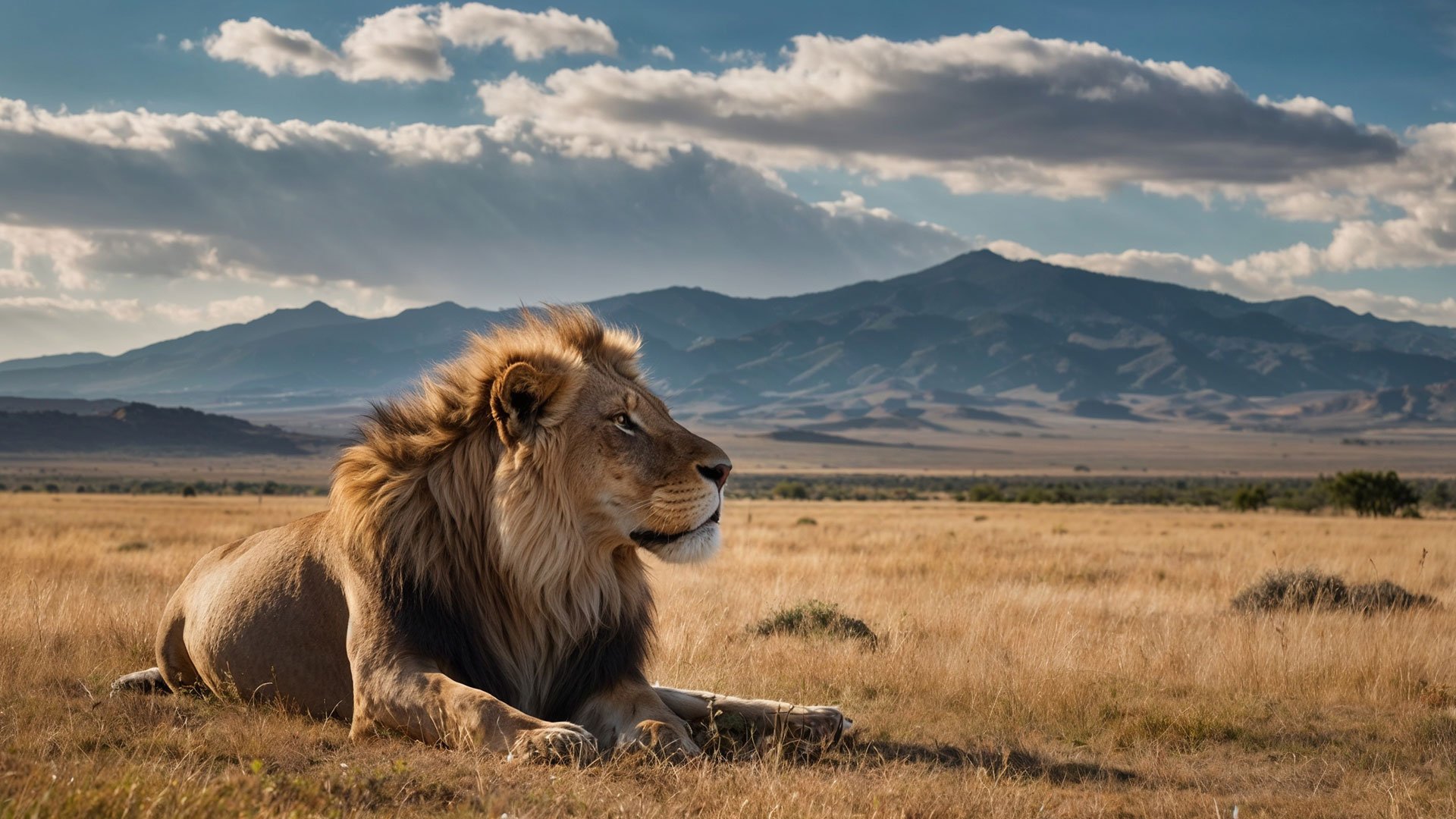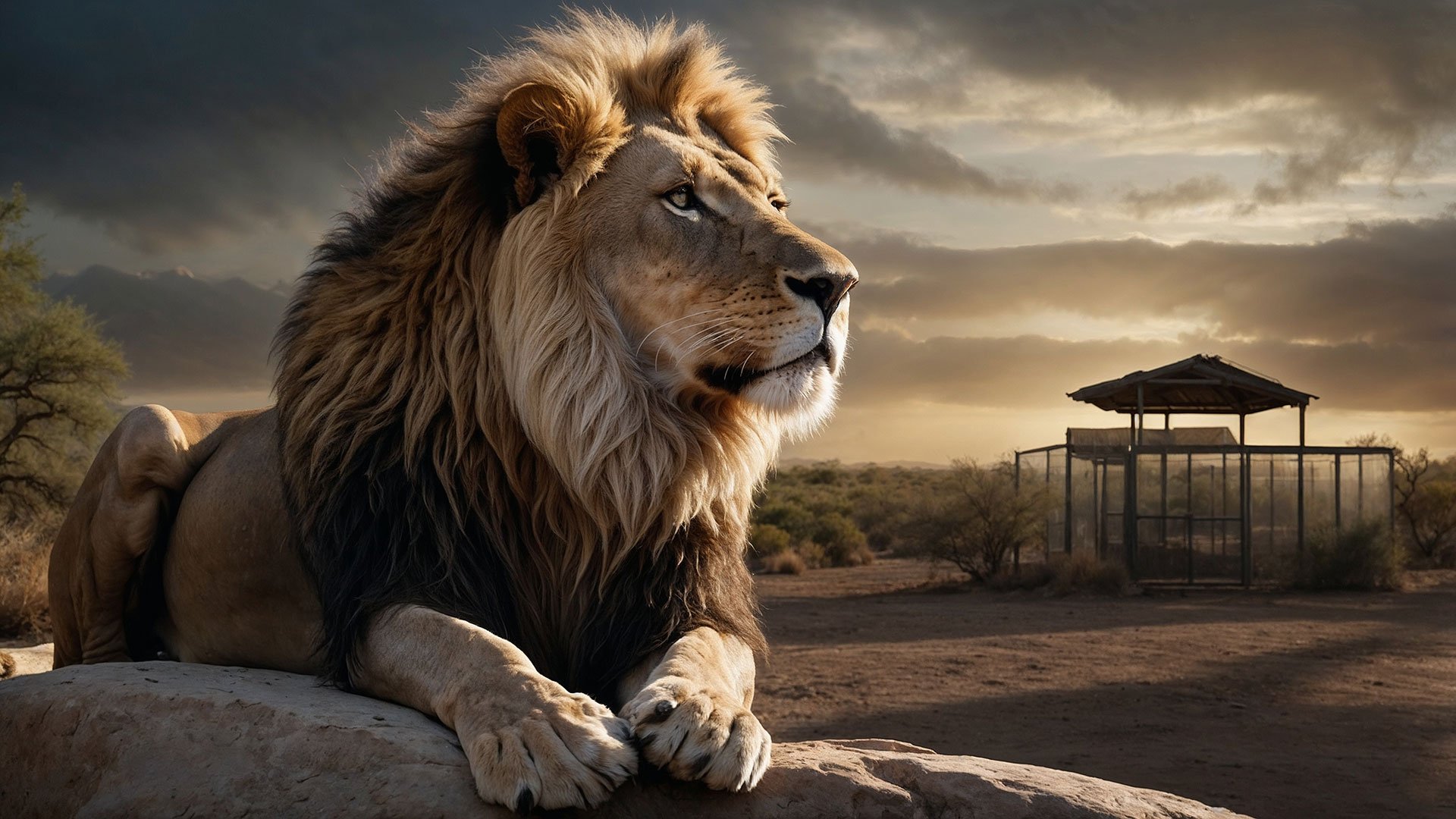The Hidden Cost of Thailand’s Captive Cat Craze
A Roar Behind Closed Doors
In the heart of Thailand’s lush landscapes and buzzing cities, a disturbing trend is taking root—a boom in captive lion ownership that is as heartbreaking as it is dangerous. What was once a symbol of wild majesty is now increasingly a pet, a photo prop, or a status symbol paraded across social media platforms.
Between 2018 and 2024, the number of captive lions in Thailand exploded by a staggering 239%, rising from 132 to 444 confirmed individuals. These lions aren't just in zoos—they're living in private homes, unlicensed zoos, animal cafés, and even being rented out for parties. It’s a roaring crisis hiding in plain sight.
White Lies: The Myth of the White Lion
Nearly half of all captive lions in Thailand are white lions. Their unusual coloring makes them a hit on Instagram and TikTok, marketed as rare or endangered—though they are neither. White lions are simply a color morph of the African lion, and their widespread breeding often involves severe inbreeding, resulting in genetic defects, weak immune systems, and painful deformities.
Despite warnings from global conservation groups like the AZA, which advises against breeding for rare color morphs, Thailand’s market remains fertile ground for white cubs fetching over $13,000 apiece. That’s double the price of tawny cubs. And with nearly 101 cubs born each year, the cub trade alone nets nearly $1 million annually.
Petting a Predator: A Dangerous Fantasy
From lion cafés in Bangkok to hotel rooms and Bentleys in Pattaya, these majestic animals are increasingly reduced to novelties. A minimal requirement—a 3x3 meter cage—is all that’s needed to house a lion. That’s barely bigger than a bedroom. Meanwhile, facilities like cafés and unlicensed zoos routinely allow tourists to bottle-feed cubs and take selfies, fueling the illusion that these apex predators are safe, manageable pets.
But they are not. Reports abound of lions escaping homes and being walked in public without permits. These incidents haven’t yet turned deadly—but the potential for disaster grows with every new lion born into captivity.
Legal Loopholes and a Lion Laundromat
The root of this issue lies in the Wild Animal Act (2019), which extended limited protections to lions only in 2022. Unlike Thailand’s native tigers, which require tight zoo licensing and 24-hour registration for cubs, lions fall through legal cracks. Cub registration isn't required until they are 60 days old—by which time they can be sold, traded, or moved under the radar.
Hybrid animals like ligers and liligers—often larger and more dangerous than either parent species—are not regulated at all. They are born in private homes and traded like commodities, entirely outside the purview of the law.
The lion industry thrives on a “buy-back” scheme, where breeders sell cubs to aspiring exotic pet owners and then offer to take them back when they grow too large. This exploitation cycle ensures farms reap profits with little long-term responsibility, while animals endure fragmented lives and endless transfers between cafés, homes, and breeding facilities.
What’s at Stake
This isn’t just a Thai problem. The story mirrors trends in Pakistan, Albania, and formerly the UAE, where big cats have symbolized wealth and power. But Thailand is now home to a multi-million-dollar lion industry, masquerading as entertainment and private collection.
If left unchecked, these lions may end up funneled into illegal wildlife trade networks across Southeast Asia. Thailand already struggles to care for confiscated animals; in 2016, 86 out of 147 tigers seized from the infamous Tiger Temple died in government custody. Imagine the burden if hundreds more lions need rescue.
A Better Path Forward
There is a solution. The United States passed the Big Cat Public Safety Act in 2022, banning private ownership of big cats and outlawing public interactions like cub petting. Thailand could—and should—follow this example.
Effective change would require:
Banning private ownership and commercial breeding of lions and hybrids.
Regulating all Panthera species, including ligers and liligers, under the Wild Animal Act.
Raising the standards for facilities to reflect best welfare practices.
Prohibiting animal-visitor interactions involving big cats.
These steps won’t just protect lions—they’ll protect people, prevent suffering, and help shut down the illicit trade that threatens wild populations worldwide.
Let’s Roar for Reform
Every lion deserves more than a cage in someone’s backyard or a fleeting photo op. They deserve a life that honors their place in the wild, not in a business model built on vanity and exploitation.
Your voice matters. Support organizations like Big Cat Rescue working to end the global big cat crisis. Be a conscious traveler. Don’t share or support lion selfies. Educate those around you about the real cost behind the cuteness.
Together, we can ensure these magnificent animals are preserved—not as pets, but as proud predators, wild and free.
Learn more: https://link.springer.com/article/10.1007/s44353-025-00040-4




